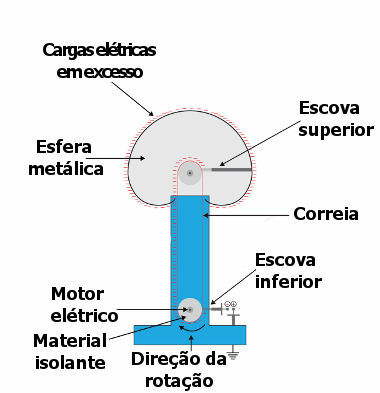homeostasis of body It needs a variety of nutrients to keep it functioning properly. One of these substances is protein – a macronutrient responsible for repairing and building actions, being essential for the body's homeostasis. Therefore, in today's article we are going to share which are the main signs of lack of protein and what this lack causes in the human body.
Read more: 7 protein-rich foods will supercharge your breakfast
see more
Is it better to eat boiled eggs for lunch or dinner? Find out here
The "powers" of porridge: check out the benefits of oats in…
What are the signs of a lack of protein in the body?
Protein intake does not always reach essential levels and this will depend on the amount of protein you eat – ideal protein levels range from 1.2g/kg body to 1.5g/kg body.
Inadequate protein intake is even a major concern for people who have decided to adopt a vegetarian or vegan diet. This happens due to the fact that meats are the main sources of protein. However, there are vegetarian foods that contain a rich amount of protein. Therefore, for a healthier diet, it is important that the individual seek a nutritionist.
Check now the main symptoms that indicate a lack of protein in the body and see if you have any of them:
1. bone weakness
A lack of protein can lead to bone disease and facilitate injuries.
2. weak nails
Inadequate intake of protein can make your nails weak, breaking them more easily.
3. fragile health
A lack of protein can lower your immunity, leaving you in fragile health – with more bouts of colds and flu over time.
4. weak hair
Protein is extremely important to keep your hair strands healthy. Therefore, from the moment you do not ingest the sufficient amount of this macronutrient, your hair becomes weak and brittle, thus increasing hair loss.
5. Tiredness and fatigue
Protein is an important macronutrient for the body's energy. Therefore, the lack of it triggers greater tiredness or chronic fatigue, since the individual has less energy.
It is worth noting that it is always important to consult a doctor for the best diagnosis of symptoms.



